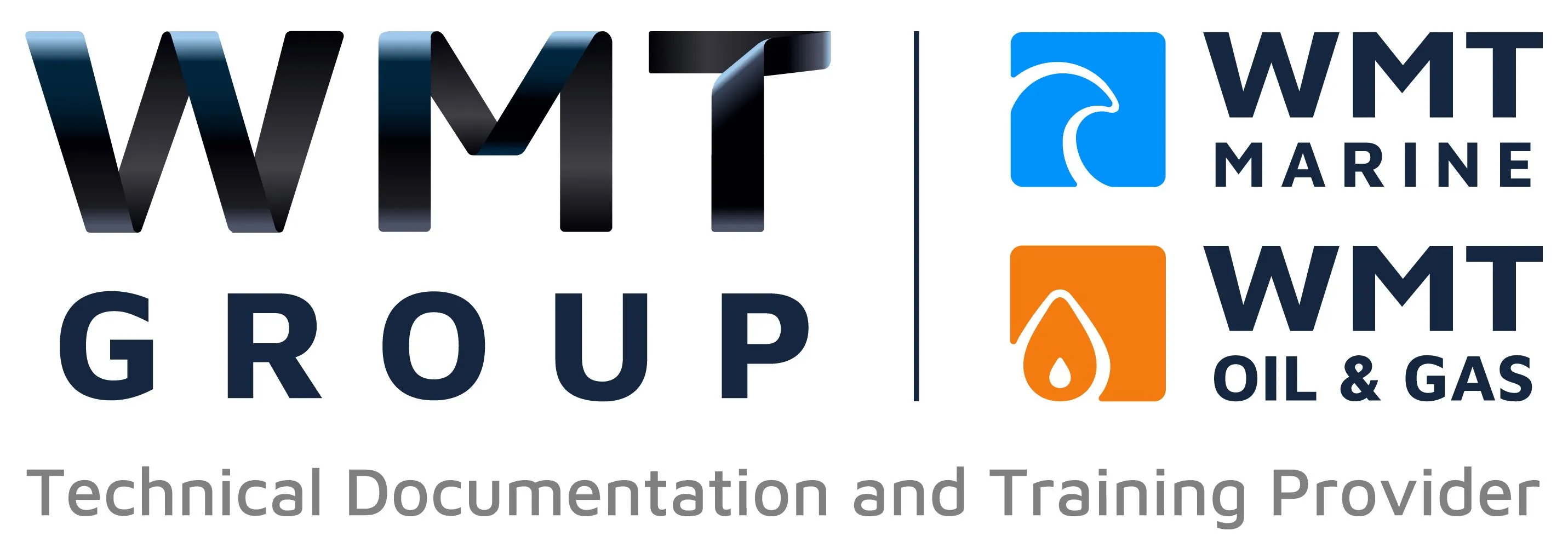Regulatory Requirements for Ship Operation Manuals: What UK Vessel Owners Must Know- Insights from WMT Marine

Introduction
Ship operation manuals are not optional—they are a legal requirement and a vital element of safe, compliant marine operations. With maritime authorities worldwide enforcing strict regulations, every commercial or offshore vessel must be equipped with operation manuals that meet specific regulatory standards. At WMT Marine Ltd, based in Flintshire, we specialise in producing technical documentation for the marine and offshore oil and gas sectors, helping vessel owners across the UK stay compliant and safe at sea.
In this guide, we break down the regulatory requirements for ship operation manuals, why they matter, and how to ensure your documentation is up to standard.
Why Are Ship Operation Manuals Regulated?
Ship operation manuals serve as essential references for:
- Safe operation of onboard systems
- Emergency response procedures
- Equipment maintenance and inspections
- Crew training and onboarding
- Legal compliance during audits and inspections
Failure to comply with regulatory requirements can result in costly penalties, vessel detainment, or loss of certification.
Key Regulatory Bodies and Requirements
1. International Maritime Organization (IMO)
IMO conventions such as SOLAS (Safety of Life at Sea) and MARPOL (Marine Pollution) require shipowners to maintain up-to-date operational manuals. These include procedures for navigation, firefighting, lifesaving appliances, pollution control, and more.
2. Flag State Requirements
Each vessel is registered under a specific country—known as the flag state. UK-flagged vessels must meet the UK Maritime and Coastguard Agency (MCA) regulations, which often adopt and enforce IMO standards.
3. Classification Societies
To be classified and insured, a ship must meet standards set by a classification society (e.g. Lloyd’s Register, DNV, Bureau Veritas). These organisations require detailed manuals for machinery operation, safety management systems, and maintenance.
4. ISM Code Compliance
The International Safety Management (ISM) Code demands the creation and maintenance of operational procedures for safe ship management. Manuals should cover safety protocols, environmental protection, and emergency preparedness.
5. ISO Standards
Many operators align manuals with ISO 9001 (quality management) or ISO 14001 (environmental management). These standards enhance credibility and streamline internal processes.
What Must Ship Operation Manuals Include?
A compliant manual typically includes:
- Vessel specifications and system descriptions
- Operational procedures for machinery and equipment
- Safety and emergency instructions
- Preventive maintenance checklists
- Crew roles and responsibilities
- Contact details for emergency support
- Change logs and version control for updates
At WMT Marine, we ensure each manual is customised to the vessel and meets all applicable maritime regulations.
Why Choose WMT Marine for Compliance Documentation?
WMT Marine Ltd, located in Deeside Industrial Park, Flintshire, is a UK-based leader in marine and offshore technical documentation. Our team works closely with vessel operators, engineers, and compliance officers to develop documentation that meets:
- IMO, SOLAS, and ISM Code standards
- UK MCA regulations
- Classification Society guidelines
- Client-specific operational needs
Whether you need manuals for a newbuild, retrofit, or audit preparation, we provide audit-ready, practical, and fully compliant manuals tailored to your vessel.
Conclusion
Understanding and meeting regulatory requirements for ship operation manuals is essential for safe, legal, and efficient vessel operations. With increasing scrutiny from regulators and auditors, now is the time to review your documentation and ensure it's up to standard. Partner with WMT Marine to secure peace of mind and ensure your manuals are accurate, compliant, and easy to use.
